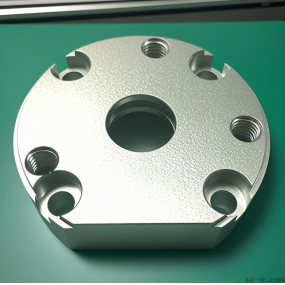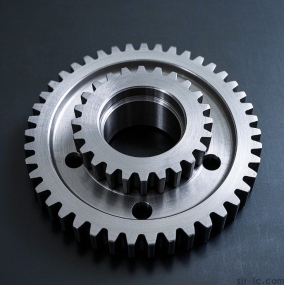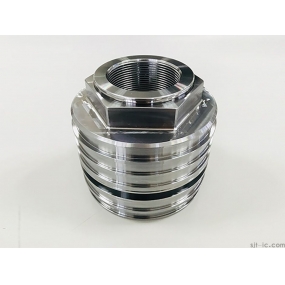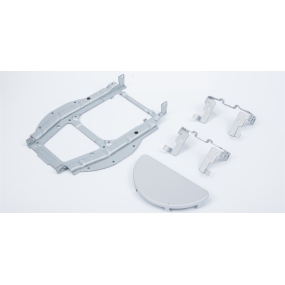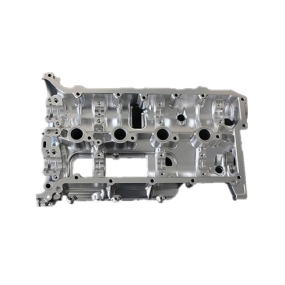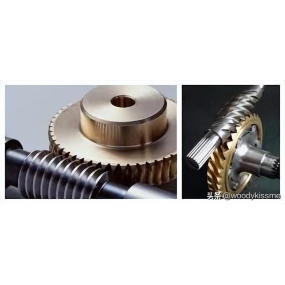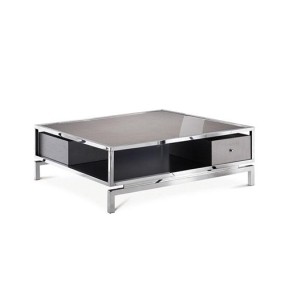When it comes to custom metal CNC Machining, many people’s first thought is, “With so many materials available, which one should I choose?” 😅 Actually, aluminum, stainless steel, brass, and titanium alloy each have their own “characteristics.” Using the right one can double efficiency, while choosing the wrong one may lead to high costs and troubleshooting headaches! Today, I’ll break this down for you, hoping it helps~
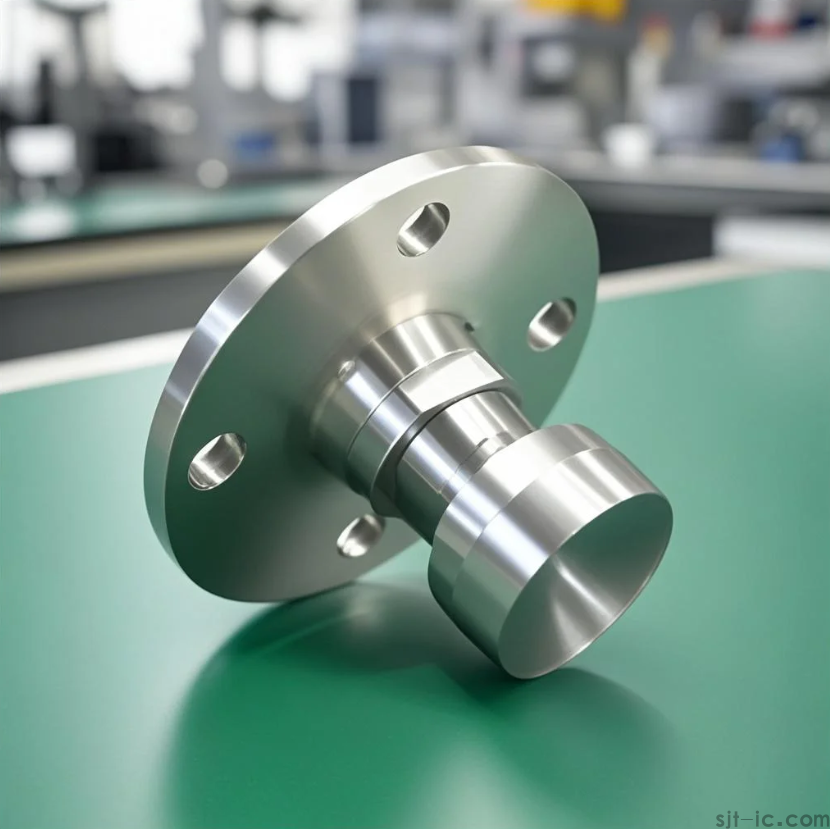
1. Custom CNC Machining of Precision Stainless Steel Parts
Stainless steel is durable and rust-resistant. Grades like SS303, SS304, and 316 are suitable for medical equipment or food machinery. However, I need to remind you that stainless steel tends to harden during machining. You must use wear-resistant cutting tools and ensure an adequate supply of coolant; otherwise, the surface is prone to chipping!
2. 5-Axis Custom CNC Machining of Aluminum Alloys
Aluminum is lightweight and easy to machine, with series like 6061 and 7075 being common. The 7075 series has higher strength, making it suitable for aerospace components. A 5-axis machine can handle complex curved surfaces in a single setup, offering extremely high efficiency! But aluminum is soft and prone to tool adhesion, so the cutting parameters must be stabilized—otherwise, the surface finish will be compromised~
3. Custom CNC Machining of Non-Standard Metal Parts
The most challenging part of non-standard parts lies in drawing design! I’ve seen many clients get stuck on tolerance labeling. In fact, a tolerance of ±0.01mm is considered high precision. It’s recommended to first create a prototype to verify dimensions. For mass production, using a combination of CNC lathes and machining centers can help reduce costs further.
4. Manufacturers Specializing in Precision CNC Machining of Titanium Alloys
Titanium alloy has high strength and corrosion resistance, but it’s easy to cause tool burning during machining 😵! Low cutting speed with high feed rate must be adopted, combined with high-pressure cooling. When selecting a manufacturer, you should check if they have experience with 5-axis equipment—such as cases involving aerospace parts. Otherwise, the yield rate may drop significantly.
5. Custom CNC Machining of Metal Parts for Medical Equipment
Medical parts require sterility and corrosion resistance, so stainless steel or titanium alloy are commonly used, and their surfaces need to be polished to a mirror finish! I suggest choosing a factory with quality inspection reports—for example, one capable of 3D measurement. After all, these parts are related to human life and safety.
To put it simply, choosing custom metal CNC machining is like matching clothes—it depends on the scenario! Use aluminum for lightweight parts, stainless steel for durable applications, and titanium alloy for high-end products. The key is to communicate more with the manufacturer, test the precision with samples, which is more reliable than just focusing on lowering the price 💪!


 Spanish
Spanish Arabic
Arabic French
French Portuguese
Portuguese Belarusian
Belarusian Japanese
Japanese Russian
Russian Malay
Malay Icelandic
Icelandic Bulgarian
Bulgarian Azerbaijani
Azerbaijani Estonian
Estonian Irish
Irish Polish
Polish Persian
Persian Boolean
Boolean Danish
Danish German
German Filipino
Filipino Finnish
Finnish Korean
Korean Dutch
Dutch Galician
Galician Catalan
Catalan Czech
Czech Croatian
Croatian Latin
Latin Latvian
Latvian Romanian
Romanian Maltese
Maltese Macedonian
Macedonian Norwegian
Norwegian Swedish
Swedish Serbian
Serbian Slovak
Slovak Slovenian
Slovenian Swahili
Swahili Thai
Thai Turkish
Turkish Welsh
Welsh Urdu
Urdu Ukrainian
Ukrainian Greek
Greek Hungarian
Hungarian Italian
Italian Yiddish
Yiddish Indonesian
Indonesian Vietnamese
Vietnamese Haitian Creole
Haitian Creole Spanish Basque
Spanish Basque

